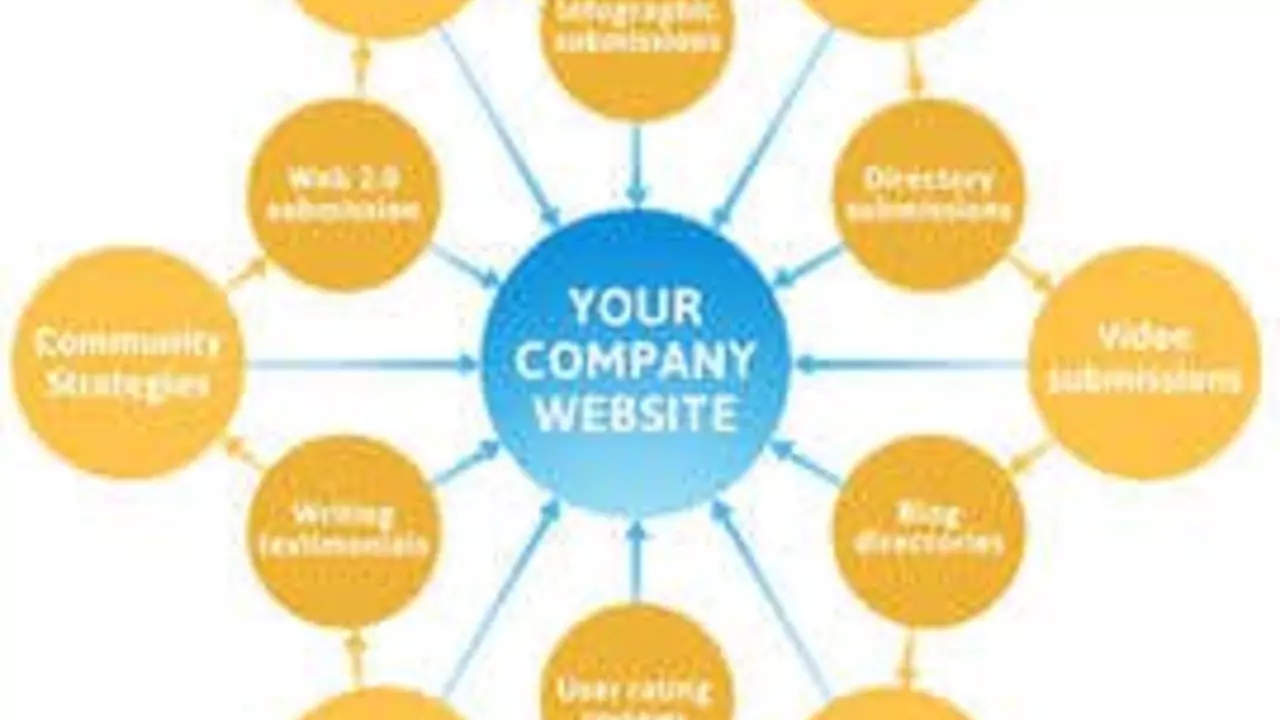Identifying Your Blog's Purpose
Before you leap into the blogosphere, it's crucial to identify the purpose of your blog. This is the first step and it will guide every other decision you make. Are you starting a blog for your business? Or perhaps you want to share your personal experiences and thoughts? Maybe you want to educate others on a particular subject, or perhaps you want to make money? Your reasons for blogging will influence your blogging strategy, so it's important to identify this first. Remember, there's no right or wrong reason to start a blog. As long as you're passionate about your topic, you're on the right track!
Choosing a Blogging Platform
Once you've identified your purpose, the next step is to choose a blogging platform. This is where you'll create, publish, and manage your blog posts. There are many platforms to choose from, including WordPress, Blogger, and Tumblr. Each platform has its own pros and cons, so it's important to do your research and choose the one that suits your needs best. For example, if you're a beginner, you might want to choose a platform that's easy to use, like WordPress. On the other hand, if you're more tech-savvy, you might prefer a platform that offers more customization options, like Blogger.
Deciding on a Blog Name and Domain
Your blog name and domain are crucial for your blog's identity. They're the first things people will see when they visit your blog, so make sure they're memorable and reflect your blog's purpose. Your blog name should be unique, easy to spell, and easy to remember. Your domain, on the other hand, should be short, simple, and relevant to your blog name. Once you've chosen your blog name and domain, it's time to register them. There are many domain registration services available, so choose the one that fits your budget and needs.
Designing Your Blog
Designing your blog is a fun and creative process. This is where you get to decide how your blog will look and feel. You can choose a theme, customize your layout, and add images and graphics. Keep in mind that your blog design should reflect your blog's purpose and target audience. For example, if you're starting a professional business blog, you might want a clean and minimalist design. If you're starting a personal blog, you might want a more colorful and playful design. Remember, your blog design is the first impression readers will get of you, so make it count!
Planning Your Content
Content is king in the blogging world. It's what draws readers to your blog and keeps them coming back for more. So, it's important to plan your content carefully. Start by brainstorming blog post ideas that are relevant to your blog's purpose. Then, create a content calendar to schedule your posts and keep you on track. Don't forget to mix up your content with different formats, like text posts, videos, infographics, and podcasts. And remember, quality is more important than quantity. It's better to publish one high-quality post per week than several low-quality posts.
Writing Your First Blog Post
Writing your first blog post can be a daunting task, but don't worry. Just start with a catchy title, write an engaging introduction, and then dive into your topic. Remember to keep your language simple and your paragraphs short for easy reading. Also, make sure to include a call-to-action at the end of your post, like asking readers to leave a comment or share your post on social media. Once you're done writing, don't forget to proofread your post for spelling and grammar mistakes before hitting the publish button.
Promoting Your Blog
Once you've published your first post, it's time to promote your blog. You can start by sharing your post on your personal social media accounts. You can also join blogging communities and share your post there. Don't forget to engage with your readers by responding to comments and emails. This will help build a loyal audience for your blog. Remember, promoting your blog takes time and effort, but the results are worth it.
Monetizing Your Blog
Finally, once you've built a sizable audience, you can start thinking about monetizing your blog. There are many ways to make money from your blog, including advertising, sponsored posts, and affiliate marketing. Keep in mind that monetizing your blog should not compromise the quality of your content or your relationship with your readers. Always be transparent about your monetization methods and make sure they align with your blog's purpose and values.
Consistently Updating Your Blog
The key to a successful blog is consistency. This means regularly updating your blog with new posts. This not only keeps your readers engaged, but it also helps with SEO (Search Engine Optimization). Remember, blogging is a long-term commitment. It takes time and effort to build an audience and make money from your blog. So, don't get discouraged if you don't see immediate results. Keep writing, keep promoting, and most importantly, keep enjoying the process!
